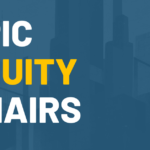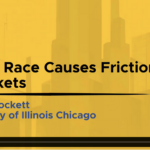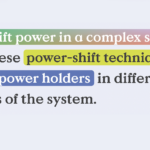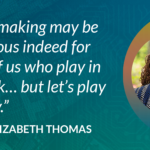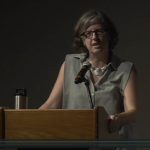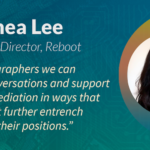
By VICTORIA LOWERSON BREDOW and CONNIE MCGUIRE, Research Justice Shop
"As ethnographers we can guide conversations and support conflict mediation in ways that do not just further entrench people in their positions." —Panthea Lee
In August 2021, we connected with EPIC2021 keynote speaker Panthea Lee—strategist, organizer, designer, and facilitator, and Executive Director of Reboot. Panthea is a pioneer in designing and guiding multi-stakeholder processes to address complex social challenges, with experience in 30+ countries with partners including UNDP, MacArthur Foundation, Luminate, CIVICUS, Wikimedia, Women’s Refugee Commission, and governments and civil society groups at the national, state, and local levels. We were excited to get to know Panthea, learn about her work, and now, share our conversation1 with the EPIC community in advance of her talk.
How did you come to do the work you do now? —Victoria
I am from Taiwan. My family lived there during one of the longest periods of martial law in the world, 38 years. I think...
